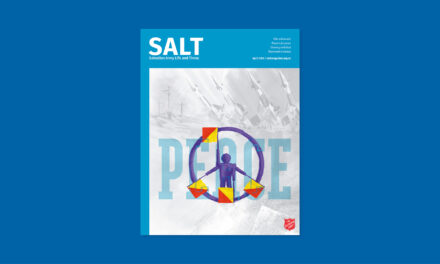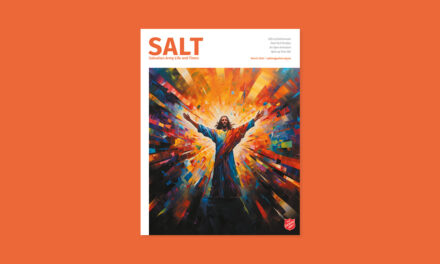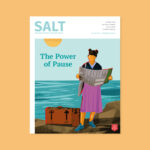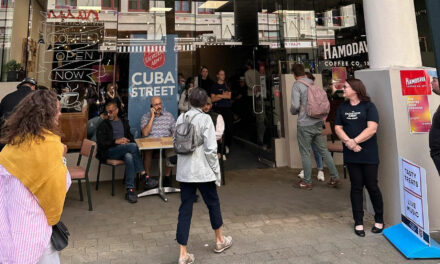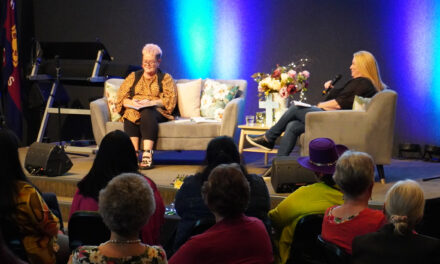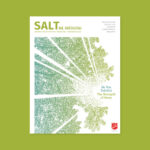
Abrahamic Council
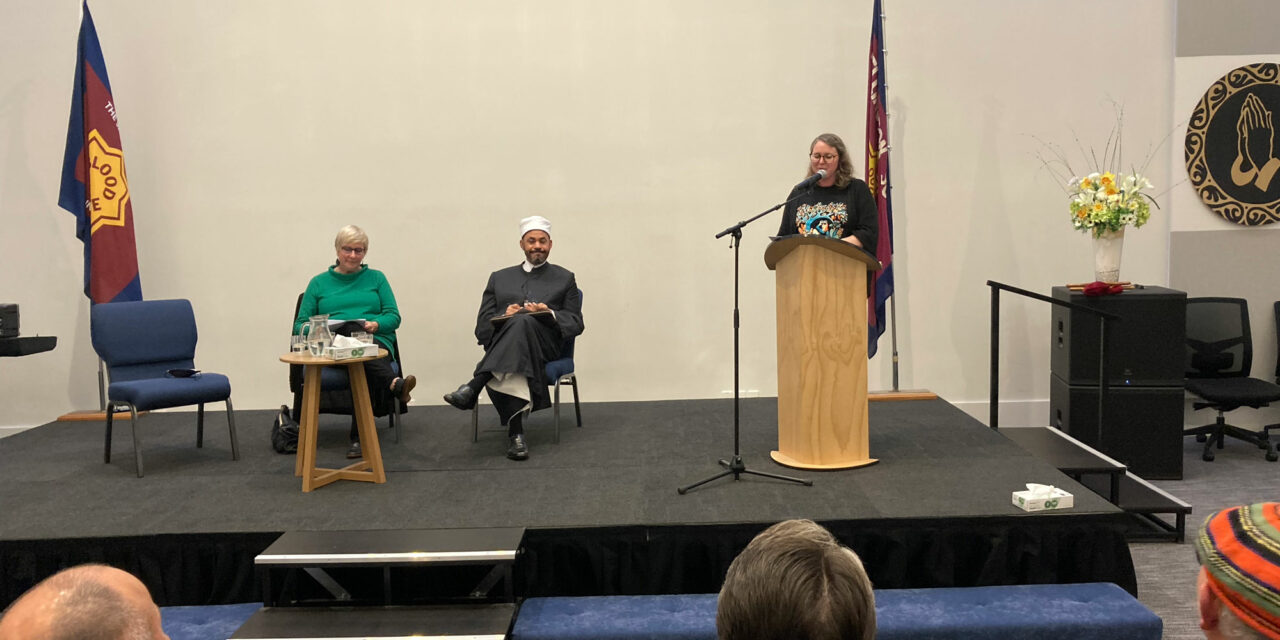
The Wellington Abrahamic Council recently hosted an event at The Salvation Army Newtown Centre with three guest speakers from different religious backgrounds: Jewish, Christian and Muslim. The topic discussed was the differing religious perspectives on dealing with social media, technology and the impacts it has, particularly on young people. Initially the three speakers spoke offering their perspectives, which was followed by a Q&A involving the audience.
The first speaker was Abi Buchhalter, who is Jewish and a youth counsellor. She talked about how it’s less about young people having a device but more about what they access. She said it is really important for parents to demonstrate positive modelling of device usage, and to consider: ‘What is driving the settings you set with your children?’ She said that young people’s brains are still developing and so it’s important to set boundaries with technology, as it can have both a positive and negative impact on their mental health. In Judaism, community and caring for others is important, and so she believes in encouraging youth to find the people, places and things in their life that bring them joy.
The second speaker was Kitty McKinley, a Christian who founded Challenge2000, a youth development organisation in Wellington. She spoke about the different aspects that make up a person, and the importance of considering each part: body (taha tinana), spirituality (taha wairua), family (taha whānau) and mental health (taha hinengaro). She also mentioned the four purposes of adolescence: establishing identity, body image, finding who they fit in with and independence. She stated that young people can only be themselves, which is problematic when they compare themselves with others on social media. Kitty emphasised the importance to ‘commit to real relationships’ in person and that ‘emotion and imagination and creativity are equally important’ for young people.
The last speaker was Rafat Najm, a Muslim who is a chaplain at the Auckland University of Technology’s Mosque. He spoke about present time as the ‘age of overwhelming’, in that we have so much information at our fingertips. He further said there are three main connections we have: connection to the creator, connection to the self and connection to everything else. Despite young people being in constant connection, he said ‘connection without presence is not a connection’. Similar to the other speakers, he emphasised that youth struggle with identity as they are still discovering who they are. He recommended creating ‘practical connection’, through ‘interactive and attractive events’.
The Q&A questions asked were whether young people take less responsibility now; how to support young people as a youth worker, and what each speaker thinks someone from their religious teachings would say about technology.
Dave Moskovitz from The Abrahamic Council said of the discussion, ‘where social media encourages us to compete for the benefit to ourselves, our religions encourage us to cooperate for the good of all’. The event was an insightful discussion about how people from different religious backgrounds can work together to best support young people in our ever-changing technological society.
Words: Hope Burmeister

